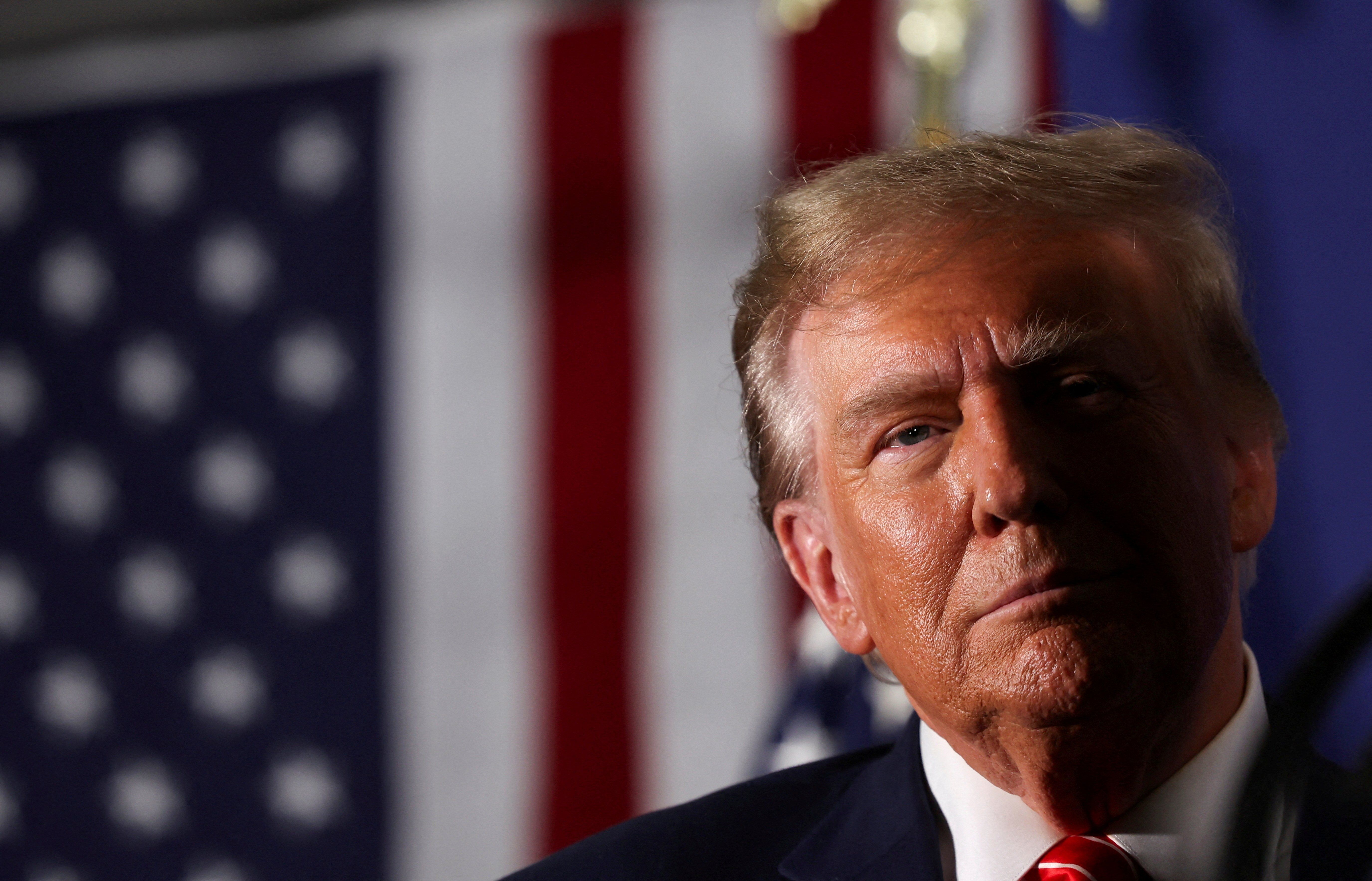A federal appeals court ruled Tuesday that Donald Trump is not immune to criminal charges for things he did while president. Specifically: the DC federal indictment accusing him of trying to overturn the 2020 election.
Trump will appeal to the Supreme Court to delay the DC trial, stalling it until SCOTUS decides whether to take up the case before its session ends in July.
SCOTUS is hearing its first Trump case this week. On Thursday, justices will decide whether the insurrection clause of the 14th Amendment allows states to bar Trump from primary ballots, just over a month after Colorado and Maine disqualified him.
The insurrection clause says officeholders that “engaged in an insurrection” can’t be reelected. It was created to stop Confederates from regaining power after the Civil War and hasn’t been implemented since, so justices can decide how to enforce it.
The core question: Which is worse for democracy, taking a candidate off the ballot or an alleged insurrectionist returning to power?
What to watch: Whether SCOTUS rules that Jan. 6, 2021, was an insurrection, even if they also decide to keep Trump on the ballot. If they do, that would empower prosecutors in the DC federal indictment and an upcoming case on Jan. 6 participants.
